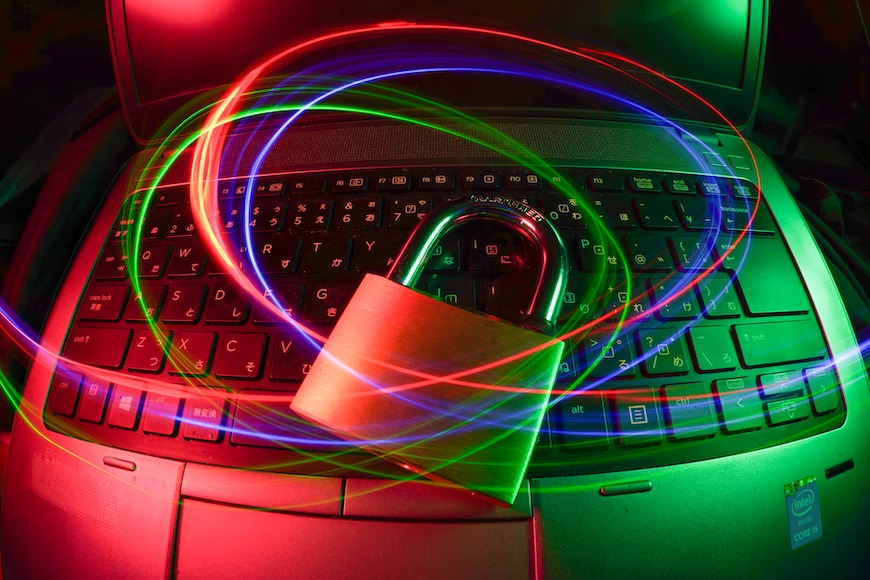Artificial Intelligence (AI) is revolutionising the way we interact with technology and the internet. It is a rapidly evolving technology that tries to simulate human intelligence using machines, enabling them to perform a wide range of tasks. Due to advancements at unprecedented pace, the resulting creations by the work of AI are raising questions in the world of Intellectual Property (IP) law.
An example of AI which will directly impact the landscape of IP law, is the chatbot ‘ChatGPT’. ChatGPT was developed by OpenAI and launched at the end of 2022. As a free-to-use chatbot, it garnered extreme popularity globally. It works by being trained on masses of text data from sources it has collected all over the internet. Following the inputting of a prompt or question into ChatGPT, in return it will generate human-like, detailed responses using the data it has collected. The chatbot can also understand how to provide information in a human-like, conversational manner making it easy to access and use. However, ChatGPT is not limited to only producing text, and can also create images, video and audio.
Artificial Intelligence and Intellectual Property
As discussed above, AI can produce a wide range of content derived from its large database. In turn, it raises the question of is this considered IP, and if so, who owns it?
IP is defined as creations of the mind, such as inventions; literary and artistic works; designs; and symbols, names and images used in commerce. There are various categories that IP is split into and different ways to protect IP, such as trademarks, copyrights and patents. Any person or company who produces IP has existing legal rights granted to them and allow them to use and protect there work from being exploited.
The material produced by AI such as ChatGPT depends on both the user input and the huge data set, much of it harvested from the internet, used to generate it. By gathering its information from the internet, it is possible that AI may use legally protected IP in its output raising issues surrounding ownership of IP and copyright infringement. In theory, the result is that the original owner of material used by AI chatbots could claim against an AI chatbot or the AI’s creator for copyright infringement. It is still unclear, however, how this law case would be treated and who would be held responsible. For users of such systems, they should ensure that any content they generate is checked for whether it infringes third party IP rights before they use it, particularly in a commercial context.
The fast-moving nature of AI development means that IP laws in the UK are struggling to keep up with the pace of these developments. It is therefore vital that brands are constantly educating themselves on any potential risks associated with AI content, and any reasonable measures that should be taken. Such as, being certain there is no third-party party IP infringement of, for example, trademarks and copyright, where AI is used.
Other Issues
Although there is the impact of AI on IP law, there are also further risks to the implementation of AI in the law world. In 2021, the European Commission (EC) proposed the Artificial Intelligence Act, the purpose of the act is to encourage AI developers in Europe to keep transparency and user safety front of mind by assigning applications of AI to three risk categories: unacceptable, high-risk and non-high-risk.
Please contact us if you would like more information about the issues raised in this article or any other aspect of Commercial law at 029 2034 5511 or commercial@berrysmith.com.
